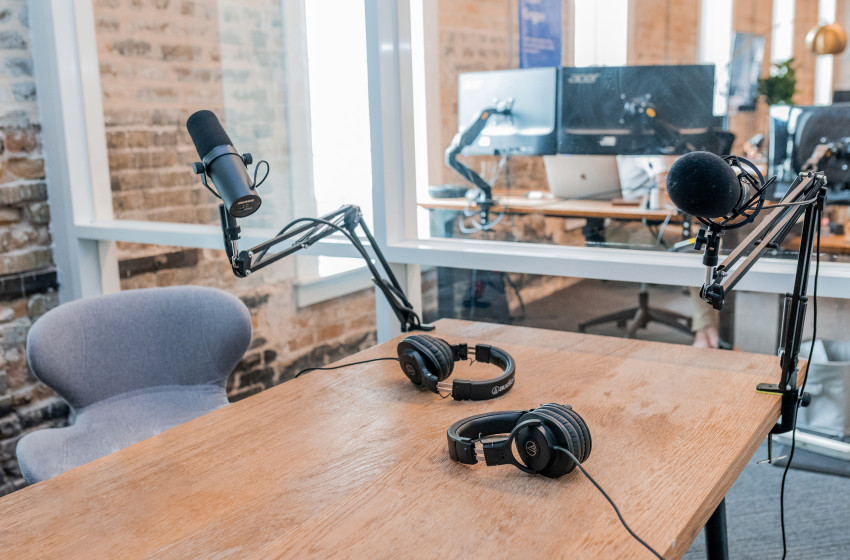Outcome Document from Commemoration Activity Introduction On the occasion of the 2024 edition of World Press Freedom Day (WPFD 2024) on May 3, Media Rights Agenda (MRA) and Global Rights: Advocates for Sustainable Justice, in collaboration with the International Press Centre (IPC) and the Centre for Media and Society (CEMESO), convened a one-day commemoration event in hybrid format at the IPC Conference Hall in Lagos under the theme: “The Imperative of Media Freedom for Democratic Governance.” The purpose of the convening was to reflect on the state of media freedom in Nigeria based on experiences shared by various journalists who had been victims of attacks in recent times as a result or in the course of their work as media professionals, discuss strategies and activities to improve the environment for media practice in the country and combat impunity for attacks against journalists, other media professionals and media organizations. The event was attended in person and virtually by journalists and other media professionals from the print, broadcast and online media from across the country, media proprietors and publishers, academics, human rights defenders and representatives of various civil society organizations, lawyers and other professionals. The convening was moderated by Ms Blessing Oladunjoye, Publisher of BONews, and addressed at the opening by Mr. Edetaen Ojo, Executive Director of Media Rights Agenda; Mr. Lanre Arogundade, Executive Director of the International Press Centre; and Dr. Akin Akingbulu, Executive Director of the Centre for Media and Society, all of whom welcomed participants, spoke about the work of their respective organizations in the promotion and defence of media freedom in Nigeria and safety of journalists They also presented findings from monitoring activities focused on attacks on journalists and the media carried out by their organizations over the last one year, covering the first year in office of President Bola Ahmed Tinubu. The meeting also heard testimonies from Mr. Clinton Umeh of the online news outlet, Journalists 101, based in Enugu; Ms. Khadija Yahaya, a journalist with Arewa Radio in Kano; Ms. Charity Uwakwe, an online journalist with Famous Reporters, based in Umuahia, Abia State; Mr. Eniola Daniel, a reporter with The Guardian newspaper in Lagos; and Mr. Benedict Uwalaka, a photojournalist with the Daily Trust newspaper, who is also based in Lagos. The journalists shared multiple experiences of attacks that they suffered or experienced as a result of their work as journalists or in the course of carrying out their professional duties; as well as the impact of these attacks on them and on their work. Following their testimonies, Dr. (Mrs) Uzochukwu Israel, a Clinical Psychologist in the Department of Psychology of the University of Lagos, made a presentation on the “Possible Psychosocial Effects of Attacks on Journalists and their Management” in which she shared with participants the potential mental and physical health implications of trauma, which can lead to prolonged or long term mental and physical health problems such as chronic pain, gastrointestinal issues, cardiovascular problems, immune system dysregulation, and sleep disturbances, among others. She discussed several strategies for self-management of the problem when initial symptoms manifest and emphasized the need for journalists and other victims of trauma to seek professional help in appropriate cases. In the ensuing discussions, some other participating journalists also shared experiences of attacks that they had suffered or witnessed, with many decrying the absence of state intervention in response to such attacks, inadequate support systems from employers and the society as well as the love-hate relationship with journalism that such experiences create in them. At the end of the event, the participants agreed to adopt this Plan of Action on Media Freedom in Nigeria. Observations The following observations were made in the presentations and discussions at the event: · Journalists and other media workers continue to experience various forms of attacks, including murder and other forms of extra-judicial killings; torture and other forms of ill-treatment, inhuman or degrading treatment; arbitrary arrests and detention by law enforcement, security, intelligence and military officials; kidnappings and abductions; harassment and intimidation; threats of physical harm to them or their family members; unlawful or arbitrary surveillance undertaken by State and non-State actors; unlawful raids of their offices or homes; unlawful seizure of their equipment or professional tools, among other forms of attacks. · Journalists and other media workers who are victims of attacks often do not receive any support or assistance from their employers, including the media proprietors and managers, which makes the journalists feel unappreciated, abandoned and demoralized. Indeed, sometimes, media proprietors and media managers succumb to pressures from governments and other powerful actors and themselves become perpetrators of further attacks on such journalists. · Attacks on journalists and media management can create a chilling effect on freedom of expression and media freedom as targeting journalists for their reporting or for their critical views can deter others from speaking out or reporting on contentious issues, which can lead to a narrowing of the public discourse and a reduction in the diversity of perspectives, limiting democratic participation and the exchange of ideas. · Attacks on journalists and media management also have broader societal implications beyond the individuals directly affected as they frequently result in a weakened media environment, which can also undermine democracy, accountability, and the functioning of civil society. · It is, therefore, imperative that the psycho-social effects which arise from the traumatic experiences of journalists who have been victims of attacks are promptly and comprehensively addressed while the safety and well-being of journalists is protected. Journalists should not keep the psychosocial trauma they suffer as a result of attacks to themselves but should seek appropriate medical support, particularly from psychiatrists and or clinical psychologists. · Broad strategies can also be adopted to avoid or prevent the negative social implications which attacks on journalists can have on the society by advocating for press freedom, promoting legal protections, fostering a culture of respect for journalism, supporting mental health resources, and ensuring accountability for attacks on media professionals. · There is widespread ignorance among members of









